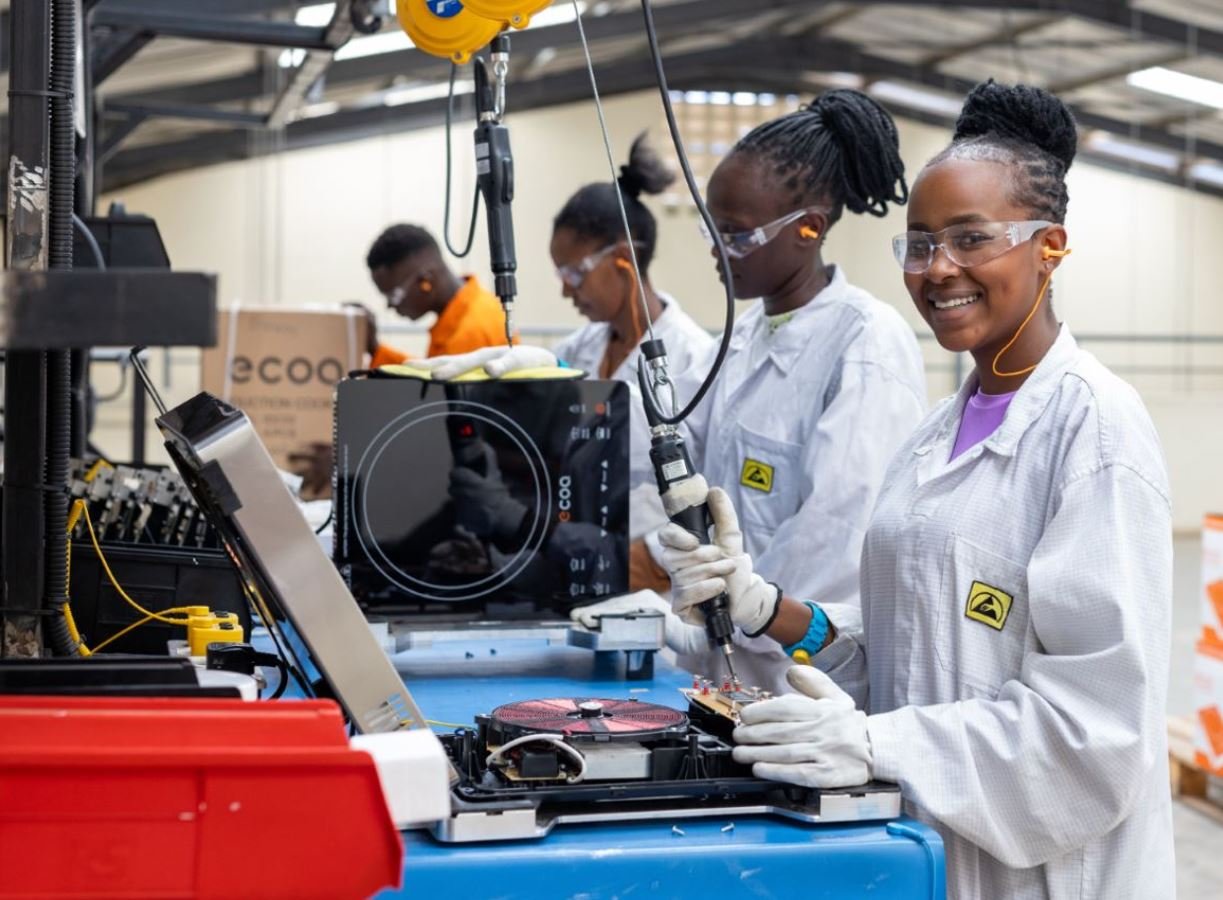Kenya has topped global rankings for ChatGPT usage, reflecting the country’s rapid digital transformation and openness to emerging technologies.
According to the July 2025 Global Digital Report by DataReportal and Meltwater, Kenya boasts the highest user penetration of ChatGPT worldwide and ranks third in global web traffic to the AI-powered platform.
The report reveals that 42.1% of Kenyan internet users aged 16 and above used ChatGPT in the past month ,outpacing tech-forward nations such as the United Arab Emirates (42%), Israel (41.4%), Malaysia (39.8%), and Brazil (39.7%). In contrast, countries like Russia (10.8%), China (7.3%), and Japan (5.8%) lagged behind. Despite a population of just over 55 million, Kenya accounts for 4.81% of all global visits to ChatGPT, surpassed only by the United States and India.
Why Kenya is at the Forefront of AI Adoption
Experts attribute Kenya’s AI boom to two key factors:
Youthful, Tech-Savvy Population:With a median age of 20, Kenya’s population is among the youngest in the world. This demographic is highly engaged with digital tools for education, entrepreneurship, content creation, and personal development. For many, AI platforms like ChatGPT are essential resources for studying, business planning, and skill-building.
Strong Mobile Internet Penetration:Over 48% of Kenyans primarily access the internet via mobile devices. Widespread smartphone ownership and expanding 4G coverage—even in remote regions—have made AI accessible to students, small business owners, and rural communities alike.
Faith Mwangi, a digital transformation analyst in Nairobi, commented, “AI’s democratization in Kenya is remarkable. It’s not just tech professionals—students, entrepreneurs, and even farmers are integrating ChatGPT into their daily lives to solve practical challenges.”
The report highlighted that Kenyans are increasingly using ChatGPT across multiple sectors of daily life. In education, the tool is helping students simplify complex topics, draft essays, and access real-time tutoring, particularly in STEM fields. Entrepreneurs and small business owners are turning to ChatGPT to develop business plans, create marketing materials, and generate customer service scripts. For job seekers, the platform is proving useful for crafting CVs, writing compelling cover letters, and preparing for interviews. Meanwhile, in the creative industries, writers, musicians, and digital influencers are using it to generate engaging content for platforms like TikTok and YouTube. These diverse use cases underscore a broader trend: in Kenya, AI is no longer a luxury—it has become a widely adopted and essential productivity tool.
This milestone comes as OpenAI reports ChatGPT now processes over 2.5 billion daily prompts worldwide. Although country-specific data is not provided, Kenya’s surging usage underscores the need for strategic public investment in AI education, ethics, and digital infrastructure.
Experts urge the government to harness this momentum by building inclusive ecosystems, especially for women and marginalized groups, ensuring equitable access to AI opportunities.
“Kenya’s leadership in ChatGPT usage is more than a tech achievement,it’s a development opportunity,” said Dr. Amina Kabiru, a digital inclusion advocate. “We must craft policies that promote equity and close gender gaps in digital access and representation.”
As AI technology evolves, Kenya’s early and enthusiastic adoption positions it as a continental leader in the digital revolution. With continued investment in skills, infrastructure, and inclusive policy, Kenya is not only embracing AI—it is helping to shape its future.



